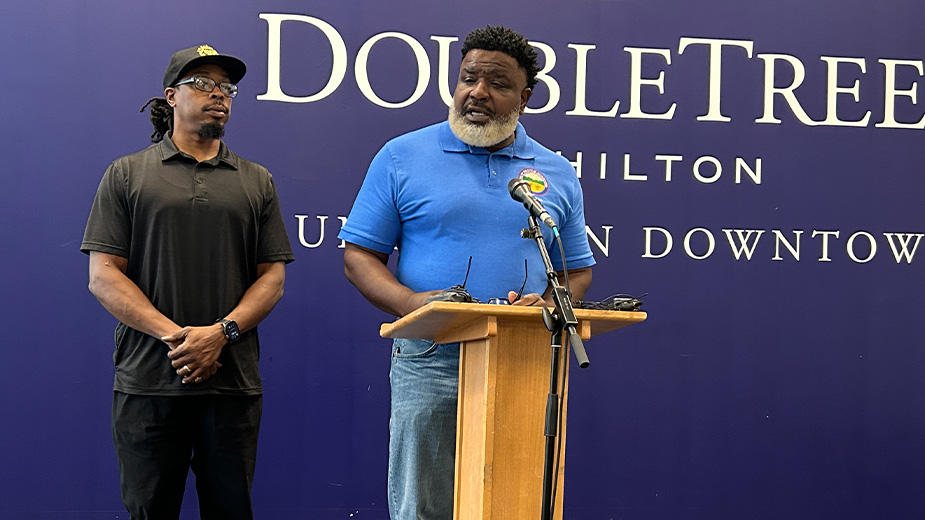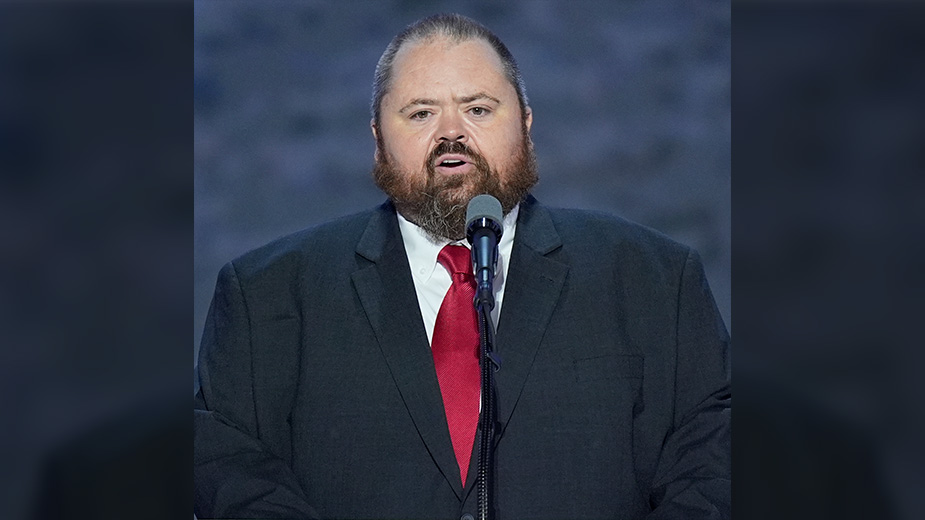Commentary: When Baseball Was the National Pastime
By Louis A. Zona
YOUNGSTOWN, Ohio – My father used to tell me stories about baseball in its golden age.
I remember one story in particular that made me realize that baseball was more than just a sport in America in the mid-20th century. It was as much a part of American culture as its literature, fine arts and architecture. Baseball, my father put it, is instilled deeply in the American consciousness.
One of my favorite baseball tales occurred during World War II in the South Pacific. Remember that professional baseball players such as Ted Williams, Joe DiMaggio, and Stan Musial joined the war effort and took on the Japanese in the many ferocious battles on those islands made famous by Gen. Douglas MacArthur.
According to my dad’s account of what Joe DiMaggio described in an interview, American soldiers were playing baseball during a break in the action. A fascinating part of the story was that Japanese soldiers were sitting on tree branches watching them play. The Japanese were thus being reminded of the sport Americans had introduced them to long before hostilities.
Today, of course, the national sport of Japan is baseball. Interesting about today is that one of the greatest baseball players in the history of the sport is Japanese. I am of course referring to Shohei Ohtani of the Los Angeles Angels. The young man can do it all from the batter’s box to the pitching rubber. He probably has come the closest to the greatness of Babe Ruth.
Speaking of Babe Ruth, Dad loved to talk about The Babe’s last professional at bat when he hit three home runs over the right field rooftop of the old Forbes Field
My father told me that during the war, the Japanese soldiers attacking the American positions would shout as they attacked, “Mickey Mouse – Babe Ruth!”
People of a certain age remember DiMaggio’s 56-game hitting streak that most experts tell us probably will never be broken. My father and dozens of fans took the train to Municipal Stadium in Cleveland to witness an extension of Joe D’s streak. According to people and reporters there that night, they saw Indians third baseman Ken Keltner stop three bullets for outs that ended the famous streak.
Interestingly, he began a new streak the following day that continued for nearly 30 straight games.
I got to meet “Joe D” or “Joltin’ Joe,” as he was often called, and told him of a family heirloom. When my father was leaving Municipal Stadium that night, a piece of ticker tape fell from one of the radio booths into his hands. He was so proud to own that small piece of paper and showed it to me often. It read, “Joe DiMaggio’s 56-game hitting streak has ended in Cleveland.” I inherited that piece of paper tape and showed it to Joe when he appeared in Niles some years later. And as I showed it to him, I told Joe that it was an heirloom that my father treasured and now me. He looked at the tape, signed it and asked me, “This is an heirloom?“
And one more memory of “The Yankee Clipper,” as he was also known. His assistant told us before we met Joe that he would not answer any questions relating to his former wife, Marilyn Monroe. I also wonder just how happy my dad would have been for me to meet his favorite player, Joe DiMaggio. Lord only knows what he would have thought to have lived long enough to see Joe on television shilling for Mr. Coffee.
A baseball hero whom I share with my father is Bill Mazeroski, who hit the most remarkable home run in baseball history – the homer he hit in the bottom of the ninth inning of the 1960 World Series. It won the series and defeated the tremendously talented New York Yankees with Mickey Mantle, Yogi Berra, Roger Maris, Whitey Ford and a whole host of stars.
Given the tremendously talented team that the Yankees fielded, the Pirates victory was that much more celebrated. The movie “A Bronx Tale” contains a scene where a little boy runs crying to his parents, “Billy Mazeroski made Mickey cry.”
I once spent a little time with Maz and told him of that scene. “Yep,” Maz said, “I did make Mickey cry.”
A fond personal memory involves a first baseman for the ’60 Pirates who smacked 66 home runs in one season in the minor leagues in Lincoln, Neb. His name was Dick Stuart, a name almost totally forgotten. Stuart was a tremendously powerful batter who once hit a ball completely out of Forbes Field. That meant he hit it over the batting cages stored in center field.
Imagine, the center field in Forbes was so enormous that the batting cages were stored there. Almost never did a batted ball reach that far. But Dick Stuart did the seemingly impossible by clubbing one well over the cages to the awe of everyone who watched batting practice.
The only problem with Dick Stuart was implied by his nickname, “Doctor Strange Glove.” Stuart was a terrible first baseman defensively. He won as many games with his bat as he cost the Pirates with his glove.
At least Dad thought so.
Copyright 2024 The Business Journal, Youngstown, Ohio.



